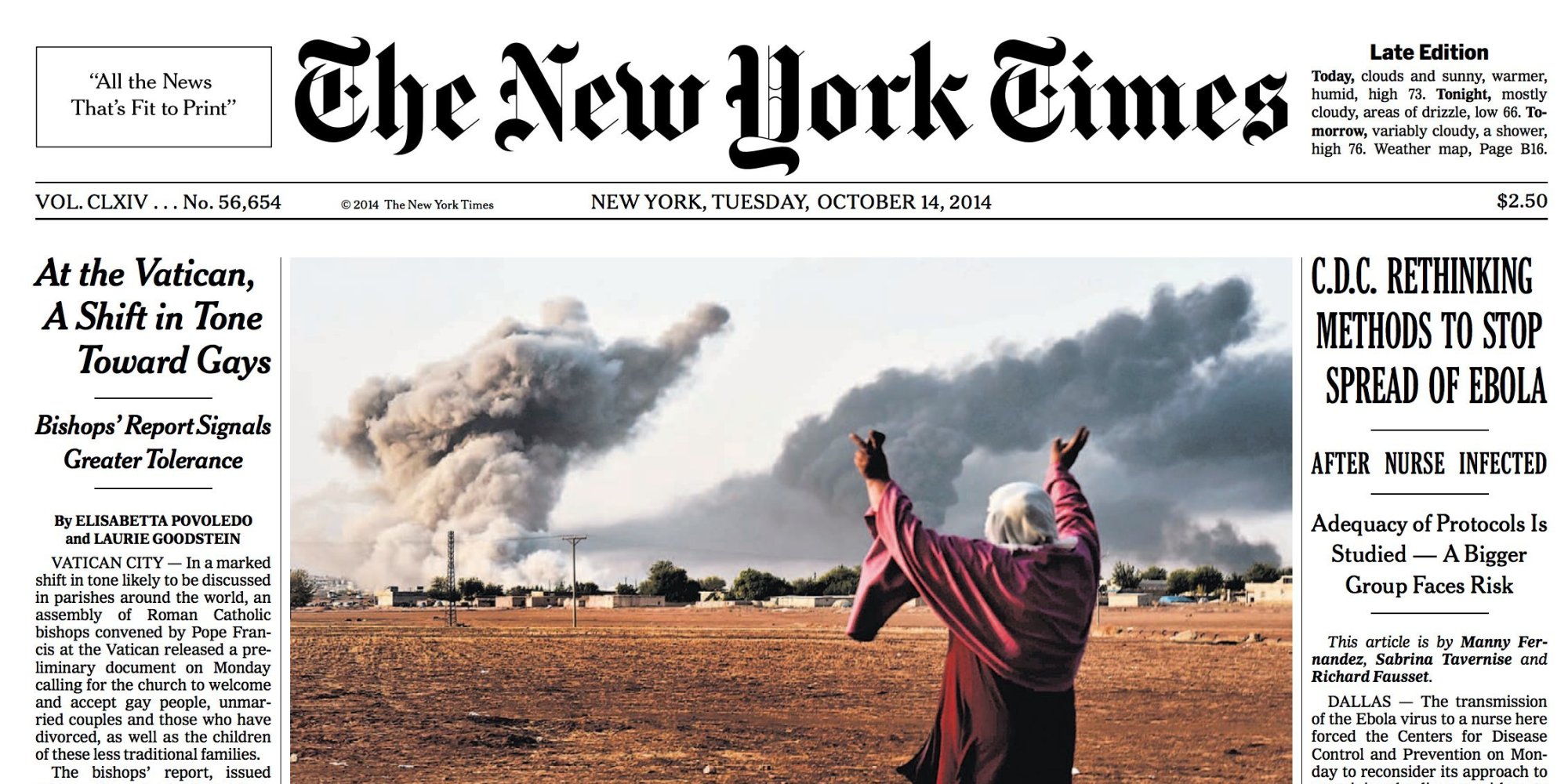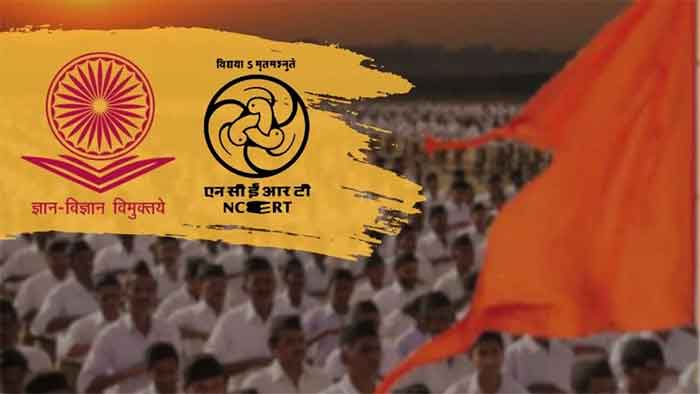
“The problem I’ve always had with ‘objectivity’ as a concept is that it doesn’t have an agreed upon meaning.” — Dr. Anthony DiMaggio, author of “Confronting the Cult of Objectivity”
What school has teachers who handle Social Studies and Humanities subjects without advocating a particular political point of view? Is that even possible?
Certainly, there’s plenty of talk — always has been — about how certain newspapers and magazines and radio shows, etc. deal with the “news” objectively. But I’d like to know which journalistic sources represent such even-handed handling of history and current events.
I’ve been asked to give a “sample lesson” as a candidate for a teaching position in the Humanities, but my potential Middle School employer has made it very clear that the school does not want to
hire me if I’m going to include my “politics” in lessons. Well, that deserves discussion. I’m genuinely in the dark about whether or not AFRICOM would be allowed in a discussion of the Dark Continent. Or what downsides of past presidents would be permissible. To say nothing of my quandary over whether or not it would be okay to criticize documentarian Ken Burns’ characterization of the Vietnam War as being an “adventure” which got the U.S. into a quandary; even if I had definitive documentation for an argument. The answer can’t be as simple as making sure that “both sides of a given issue be given equal weight.” Not always.
I remember teaching at a Middle School, and noticing that every morning copies of the New York Times were delivered to certain classrooms. Does that highly influential publication warrant the respect it is given in certain quarters with regard to objectivity? No more than any of the other mainstream media outlets do — left or right — morning, noon or night. And that fact of life begs the question of what educators expect by way of neutrality in the classroom. What sources are legit for academic purposes if the focus is, say, teaching critical thinking? The answer must come from in-depth discussion with colleagues.
There’s a prestigious local college which is also looking me over as a potential employee for the teaching of History. But they’re in the same boat as that Montessori Middle School as far as I’m concerned. In terms of wanting to give me their litmus test without providing clarity on exactly what “objectivity” means. I can’t help wondering what their criteria happens to be when it comes to acceptable sources, worthy points of view. And I don’t have a clue as to whether or not their bottom line is to not offend anyone. Is their ideal for candidates to provide a dispassionate demonstration? Devoid of what I know — from decades of experience — dredges up the creative juices of youngsters: Passion.
One shouldn’t have to go beyond a single book by James Loewen (say, Lies My Teacher Told Me, though any number of his works would suffice), to see that hardly any of our educational institutions nationwide are delivering lessons that are giving equal weight to all sides of our collective crises.
Which brings me to two major additional points. One, far too often sources along the mainstream spectrum (and, often, the so-called alternative spectrum too) give the impression that there are only two sides on a given issue. That’s patently absurd, of course. But how common is that framing dynamic? Is 99% of the time a fair guess? Another point which is worthwhile addressing is the fact that, say, since Maria Montessori died in 1952, new crises have reared their heads, ones which neither she nor the founders of that college I referenced above could have dreamed of in their best moments. Seriously, it’s worrying that we no longer have the luxury of educating youngsters as if they don’t have to come up with new paradigms. For to come up with workable solutions for our pressing societal and environmental crises, the adults in their lives cannot be counted on to produce. [Yes, that’s a debatable point, but I ask the reader to finish this article before judging what I’ve said.]
In fact, because we have serious deadlines (on so many scores) which neither the lower schools nor the most prestigious institutions of higher education are even acknowledging, to some degree — it seems to me — objectivity has to go out the window. The attempt to honor it.
But let’s say that I’m wrong. Imagine that all of my blah blah here cannot — as I submit it can — be substantiated, definitively delineated. What then? Well, back in the day the way to deal with this business would be to sit down and have a leisurely discussion to address what the Big Picture Truth actually is, to have an exchange respecting viable options for coming to grips collectively with what neither Rudlof Steiiner (died in 1925, Maria Montessori (died in 1952). Loris Malaguzzi (died 1994) or even Paolo Freire (died in 1997) could know was coming down the pike when they passed.
The fact that — supposedly — their followers have tweaked the various systems to some degree to accommodate the evolution of society and Mother Nature is not germane here. For I’m talking about changes which are not being addressed by virtually anyone.
What changes?
Well, to answer that question — to do justice to it — would require a leisurely back and forth. And that’s another problem which exists today that was not a significant factor in the past. Specifically, even the most decent folks in academia — highly educated and deeply experienced — are on treadmills that preclude such leisurely discussion. All sorts of personal and professional rote routines that keep everyone on the run.
And so… most only have time to rush through a generic vetting which merely spotlights the most basic concerns: organization, style of delivery, etc. I repeatedly get the impression that there’s no time — that academics do not want to make the time — to question what’s different about today from yesterday above and beyond what the mainstream news sources and popular entertainment stress; those two, for what it’s worth, are blending more and more into one unreliable blob, by the way. Yes? Yes.
Disagree? Well… how much time do you have? Say… at least as much time as it took Dr. DiMaggio to write the Counterpunch article cited above?
Truth be told, I’m not wanting to push my personal politics on anyone. Rather, I simply want to be able to encourage one and all to call a spade a spade. In and outside of the classroom.
Rachel Oxman can be reached at [email protected].














































